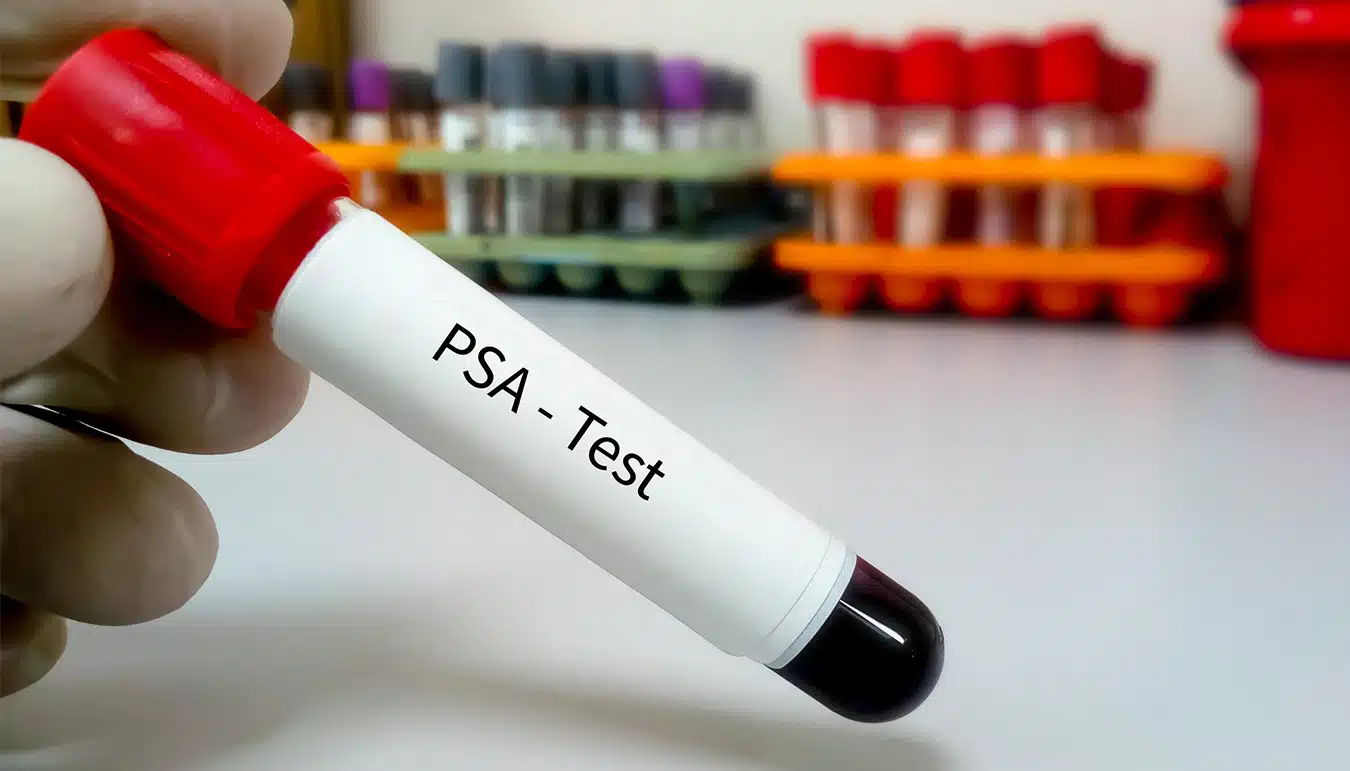The PSA test, short for Prostate-Specific Antigen test, is a vital tool in men's healthcare. It plays a pivotal role in detecting and monitoring prostate health. In this comprehensive guide, we will explore the PSA test from various angles, from how it is done to understanding PSA elevation and its causes, the ideal PSA levels, age-related variations, and whether every PSA elevation indicates cancer. By the end of this article, you'll have a clear understanding of the PSA test and its significance.
What is PSA Test?
The PSA test is a blood test used to measure the levels of Prostate-Specific Antigen in a man's bloodstream. PSA is a protein produced by the prostate gland, and its levels can provide important insights into prostate health. Elevated PSA levels can be an early indicator of potential issues, including prostate cancer. However, it's essential to interpret PSA test results carefully, as elevated levels don't always mean cancer is present.
How is the PSA Test Done?
The PSA test is a relatively simple procedure. A healthcare provider will draw a blood sample, typically from the arm, and send it to a laboratory for analysis. It's important to note that there are no specific dietary or lifestyle restrictions before the test, making it convenient for most individuals. The results are usually available within a few days.
What is PSA Elevation?
PSA elevation refers to higher-than-normal levels of Prostate-Specific Antigen in the bloodstream. While it can be a cause for concern, it doesn't necessarily indicate cancer. PSA elevation can occur due to various reasons, including:
- Benign Prostatic Hyperplasia (BPH): This non-cancerous condition involves the enlargement of the prostate gland, which can increase PSA production.
- Prostatitis: Inflammation of the prostate, often caused by infection, can lead to temporary PSA elevation.
- Age: PSA levels naturally increase with age, so what might be considered elevated for a younger man could be normal for an older one.
- Medications: Certain medications, such as finasteride and dutasteride, used to treat BPH, can lower PSA levels.
How Can PSA Levels Decrease?
Reducing elevated PSA levels is a concern for many men, especially when cancer is not the cause. Here are some strategies to help lower PSA levels:
- Lifestyle Modifications: Adopting a healthy lifestyle that includes regular exercise and a balanced diet rich in fruits and vegetables can contribute to overall prostate health.
- Medication: In some cases, doctors may prescribe medications to lower PSA levels, particularly for non-cancerous conditions like BPH.
- Prostate Massage: This therapeutic technique may help reduce PSA levels in cases of prostatitis by promoting drainage of the prostate gland.
- Stress Management: Stress reduction techniques like meditation and yoga may have a positive impact on PSA levels.
What Should the PSA Level Be?
The ideal PSA level can vary depending on several factors, including age and individual health history. However, as a general guideline:
- PSA Level Below 4 ng/mL: This is typically considered normal for most men.
- PSA Level Between 4 and 10 ng/mL: It may suggest the need for further evaluation, such as additional tests or monitoring.
- PSA Level Above 10 ng/mL: This is often a cause for concern and may warrant more thorough investigations, including a biopsy.
It's essential to remember that these are general guidelines, and individual variations exist. Consulting a healthcare professional is crucial for interpreting PSA test results accurately.
Does PSA Level Vary by Age?
Yes, PSA levels do vary by age. It's normal for PSA levels to increase gradually with age due to the natural growth and aging of the prostate gland. For instance:
- Younger Men: PSA levels below 2.5 ng/mL are generally considered normal for men in their 40s.
- Middle-Aged Men: PSA levels between 2.5 and 4 ng/mL may be typical for men in their 50s.
- Older Men: Men in their 60s and beyond often have PSA levels that can go beyond 4 ng/mL without necessarily indicating a problem.
It's essential to establish a baseline PSA level for each individual and monitor any significant changes over time.
Is Every PSA Elevation Cancer?
No, not every PSA elevation indicates cancer. PSA elevation can be caused by various factors, as discussed earlier, including BPH, prostatitis, age-related changes, or even certain medications. While an elevated PSA level can be a red flag and lead to further evaluation, it does not automatically mean cancer is present. Additional tests, such as a prostate biopsy, are often necessary to confirm or rule out cancer.
The PSA test is a valuable tool in men's healthcare, providing insights into prostate health and potential issues like cancer. Understanding the test, its results, and the factors that can influence PSA levels is essential for making informed healthcare decisions. Remember that while an elevated PSA level can be concerning, it is not a definitive cancer diagnosis. Consult with a healthcare professional to interpret your results accurately and determine the most appropriate course of action for your specific situation. Your prostate health is a vital aspect of overall well-being, and regular check-ups and open communication with your healthcare provider are crucial steps in maintaining it.

 Türkçe
Türkçe
 English
English


